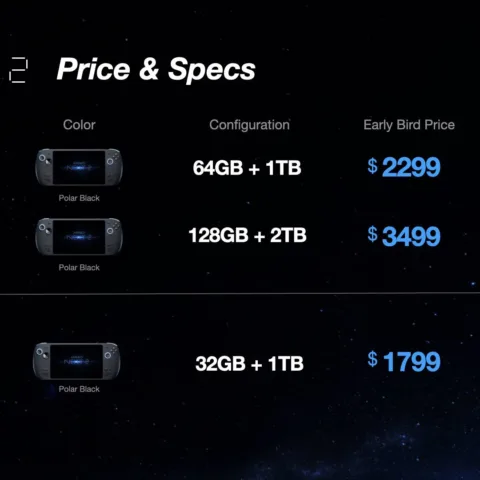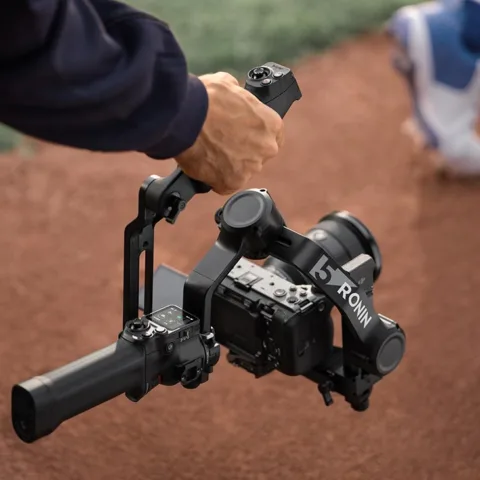Previously, the entertainment industry was a process that tended to be straight and vertical. Like now, anyone can create something, but usually the entertainment work that would be allocated the most investment (which usually meant the largest promotion and distribution) is the one, as determined by the stakeholders of the entertainment industry, that could be digested by a large amount of people, and gave return on investment – or even profit. The principle of scale of economies apply: invest in something with a fixed/static value, which could then be duplicated for multiplied profits. Of course, this vertical relies on complete control on all the aspects of the industry – from creation, production, promotion, marketing, distribution, and even the retail price.
Creating a work is definitely easier now, if we disregard quality and skill, and is definitely cheaper. For example, Instagram became the channel for many ‘overnight’ photographers to find their audience. Production, which was previously very expensive, now has a very wide scope, from home videos to digital 3D camera rigs, which also allow a very wide variety of creative results.
Promotion is most certainly not centralised – even if it is still centered on a few large media properties, there has been a significant shift (for example, for many people, YouTube has replaced TV). Distribution is not the absolute domain of large networks like hyper marts, CD stores, cable TVs and others – the Internet, online payment industry and the logistics industry have advanced to provide a multitude of choice for consumers. Even a retail price has lost its previous context, especially when a retail price has changed to a pledge as they do on crowd funding sites.
Almost all of the entertainment industries’ channels, which were in a way linear and wholly controlled by the big players of the industry, are now a complex spider web of thousands of players, small and big, where even capital strength may not determine influence to the industry in general. Entertainment consumers may also be smarter in selecting what they really like – or perhaps, since the disappearance of the ‘centralization’ of communication of entertainment products, the consumers go out and search for what they like on their own, because of the confusion and noise from all of today’s communication channels.
The strange thing is, the big players of the industry are still having difficulties in adapting to this new reality, although it is certainly not new. The aforementioned linear process is still being implemented, although it is very dependent on control towards duplication, distribution and even price (which will determine how much money they can receive and reinvest).
Some say, the main fault lies with copyright law itself – that copyright needs to be revised according to the times, like what the Creative Commons movement is trying to do. There are also those who say that enforcement of copyright law is almost non-existent, like for the criminalization of piracy. Laws like the Copyright Act however, are still shaped by the constituents and the representatives of the people of a country, so it will follow what those constituents need (which might as well be represented by industry players).
The dependence of the industry on a linear process that achieves profit from economies of scale is definitely not wrong, as it has succeeded for years, but if all the elements of the process have been disrupted, is it wise to keep following it?
The sought-after economies of scale will still run well by learning new business channels, including testing unproven business models. Rather than spread seeds on the same field that may not have the proper minerals anymore, it might be a good time to open new ground – or start a new seed. There is nothing certain in trying something new, but if you try doing the same thing and expect the same results, while all market factors and industry channels have changed, it is certainly a bad decision.
 Ario is a co-founder of Ohd.io, an Indonesian music streaming service. He worked in the digital music industry in Indonesia from 2003 to 2010, and recently worked in the movie and TV industry in Vietnam. Keep up with him on Twitter at @barijoe or his blog at http://barijoe.wordpress.com.
Ario is a co-founder of Ohd.io, an Indonesian music streaming service. He worked in the digital music industry in Indonesia from 2003 to 2010, and recently worked in the movie and TV industry in Vietnam. Keep up with him on Twitter at @barijoe or his blog at http://barijoe.wordpress.com.









